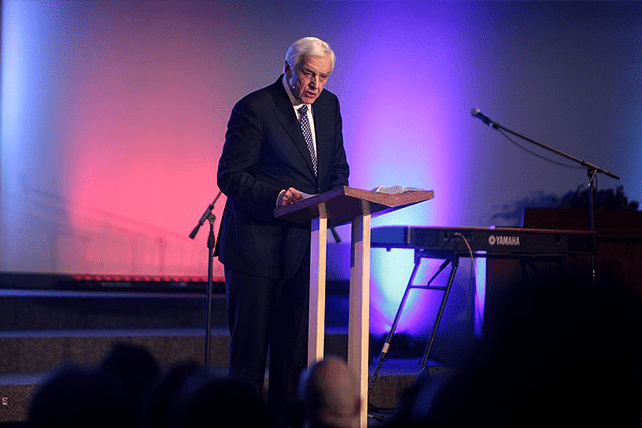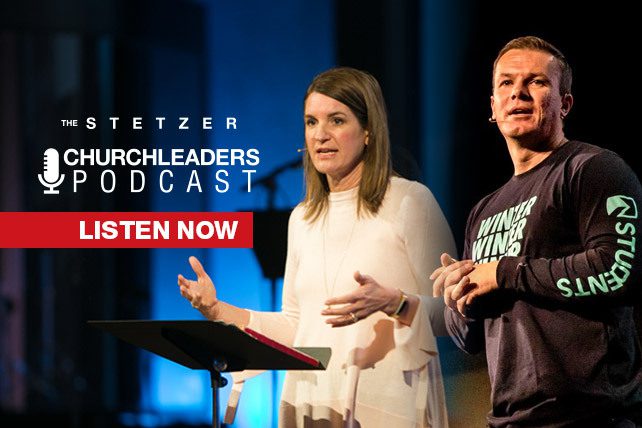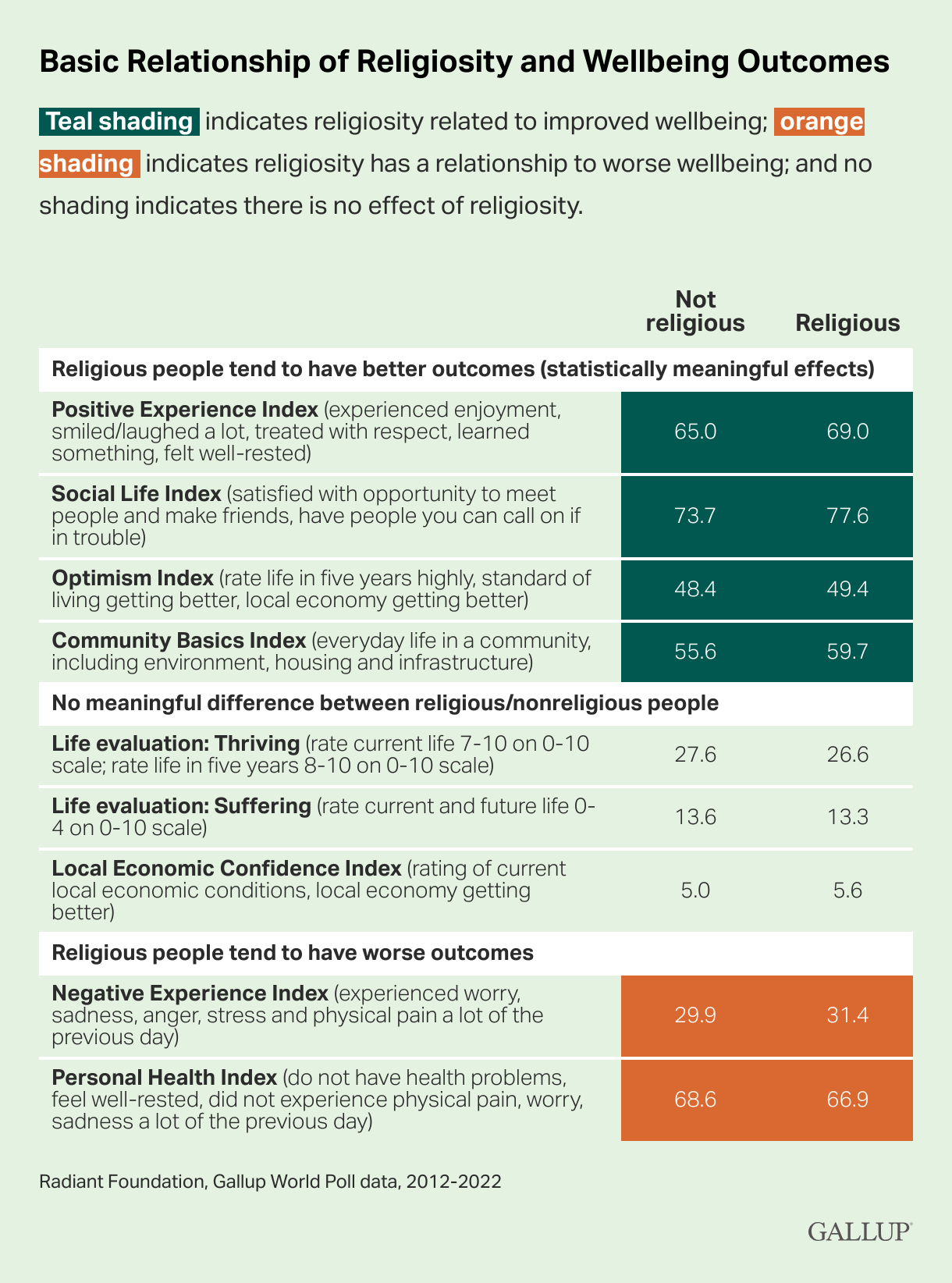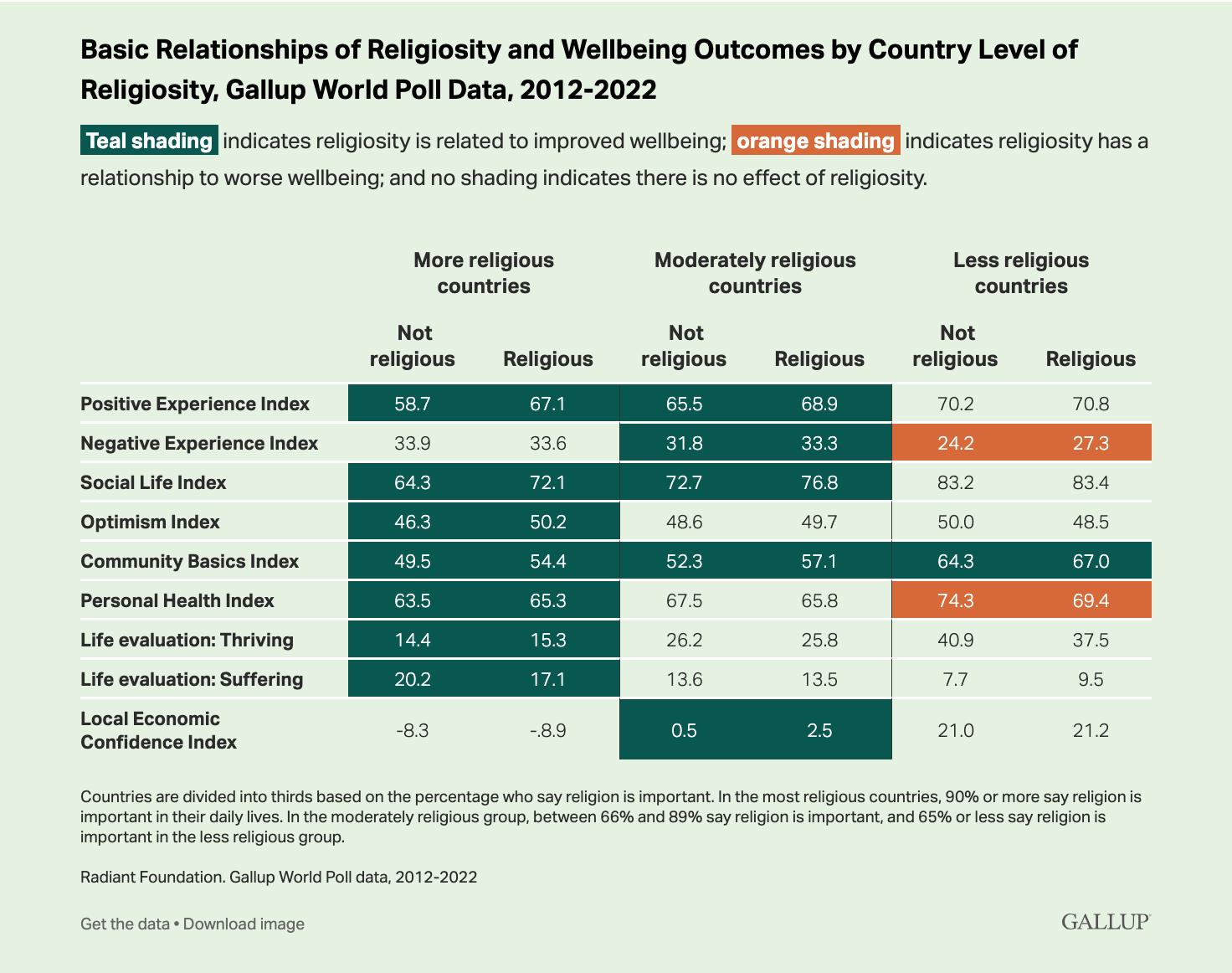Need innovative fall kidmin ideas for your church or children’s ministry program? Make the most of this wonderful season by engaging kids, families, and the entire congregation.
Colorful leaves, football, hayrides, apple cider, a return to school, and fuller Sunday school rooms. Fall must be here! This autumn, create new memories with an amazing assortment of tried-and-true fall kidmin ideas.
Not only will children and families have a blast with these fall kidmin ideas. But they’ll also get to know one another—and God—even better.
9 Fun Fall KidMin Ideas for Churches
Choose one or more of these fall kidmin ideas for memorable learning experiences.
1. Remember When…
Summer never seems to last as long as we’d like. But you can help families preserve their cherished memories.
Get Ready
You’ll need:
- card stock
- markers
- glue sticks
- scrapbooking embellishments (stickers, buttons, ribbon)
- some sample pages or scrapbooking magazines for ideas
Recruit a scrapbook enthusiast to provide tips and possibly share a die-cutting machine. Hold this in a large room with several tables.
Get Set
Next, have families bring in pictures from their summer activities and outings—vacations, staycations, birthdays, family reunions, VBS, the zoo, amusement parks, and so on. Then have them spread out their photos, group them by topic, and work together to assemble some pages. Encourage families to journal on their pages and spreads so they can remember all their adventures for years to come.
Faith Talk
Read Psalm 118:24. Ask:
- What will you remember most from this summer?
- What are ways God was with you during the good days and the tough days of summer?
Even Easier
Another option is to give each family an inexpensive mini-album, available at craft stores or online. If you have access to a computer and printer, people can print their comments and then paste them in their scrapbooks.
2. Kids Day
Celebrate Children’s Day this year.
Get Ready
Ask parents to write a letter to each of their children, telling how much they love and appreciate them—and why. Encourage them to keep the letters a surprise and either mail or hand-deliver them to you. Make sure you have a letter for each child. If a parent doesn’t return one, write a letter to that child. Also have some generic letters on hand for extra children who show up that day.
You’ll need:
- decorations (balloons, banners, table centerpieces)
- a variety of snacks
- ribbons or flowers to pin on each child
- small gifts or certificates
Get Set
Greet all the children by pinning a ribbon or flower on them as they arrive. In every segment of your service or lesson, create ways for children to be in charge. For example, let them vote for which game to play from a shortlist of options.
Discuss a Bible passage that involves children: God calling the boy Samuel (1 Samuel 3), David working as a shepherd boy (1 Samuel 16:1-13), Jesus welcoming children (Matthew 19:13-15; Mark 10:13-16). In advance, select a few letters to read aloud. Present each child with his or her special letter. Remind children they’re all special to God, who loves and appreciates them every day.
Conclude by handing out small gifts or certificates. For example, give children each a 100 Grand candy bar with a sticker that says, “You’re priceless to God!” Or hand out official Kids Appreciation certificates, rolled up and tied with blue ribbon.
3. Walk Through Walls
At Halloween, all sorts of zombies arise in costume. But we know there’s only one true Savior who can raise people from the dead—the greatest Tomb Raider of all: Jesus. Kids will transform a simple piece of paper into something they can step right through!
Get Ready
You’ll need:
- 11×17-inch sheets of paper (1 per child)
- child safety scissors
Get Set
Show kids the sheet of paper and ask them if they think they could miraculously walk through it. Then follow the steps below to show children how to cut the paper so they can walk through it.
Paper Directions
1. Fold the paper in half and cut from the folded side to about half an inch from the open side. Do this on both ends of the paper, about half an inch in.
2. Cut down the fold in the paper, but don’t cut the folded part of the two strips from step #1.
3. Alternating from one side of the paper to the other side, cut strips about every half-inch, ending each cut about half an inch from the opposite edge of the paper. (The closer together guests cut their strips, the more space they’ll have to walk through.)
4. Carefully open the paper, which will be a large paper hoop kids can walk through.
Faith Talk
Read Luke 24:1-9 about a genuine miracle. Ask:
- What surprised you about this game?
- Why do you think the women were so surprised by Jesus’ miracle?





























